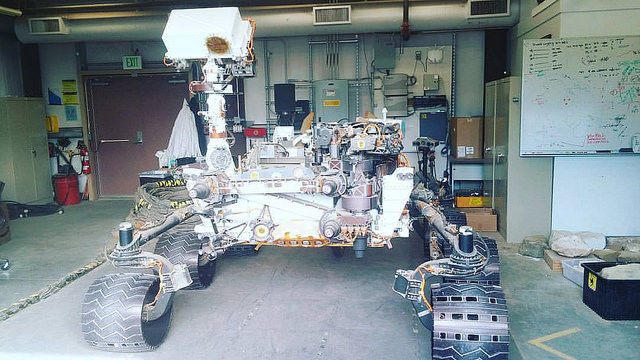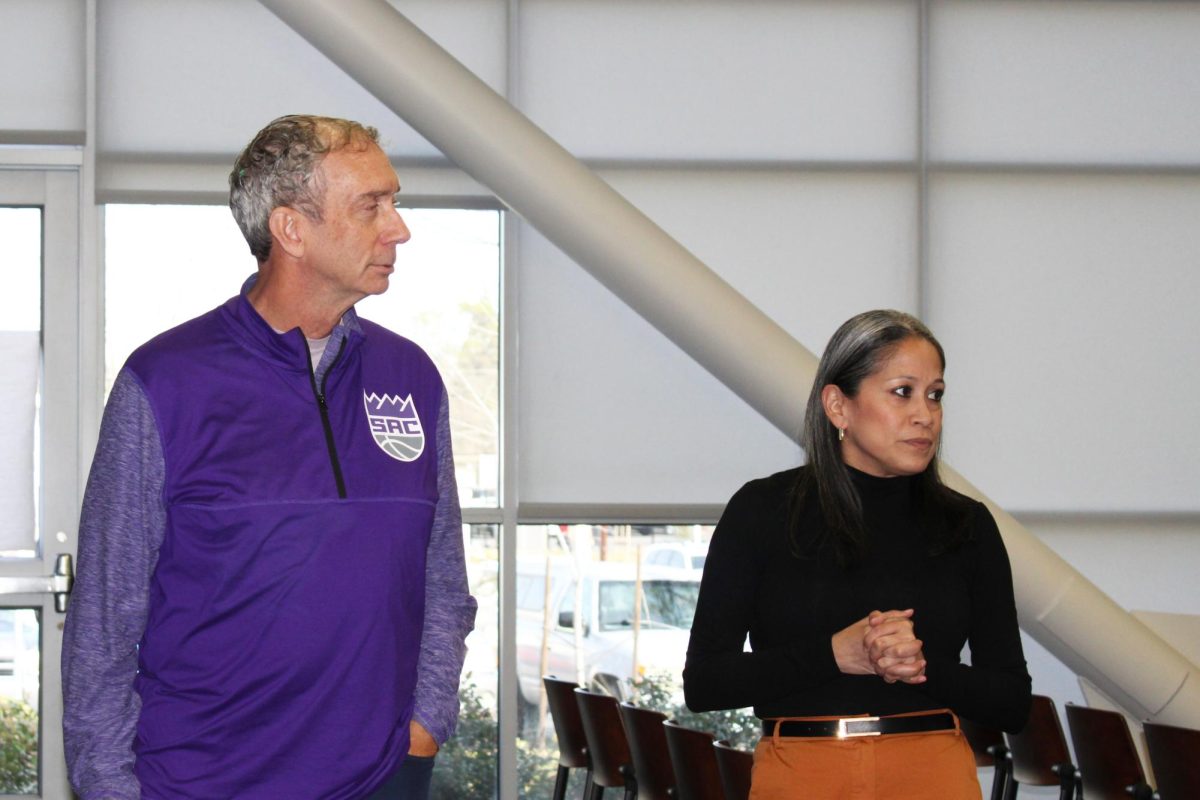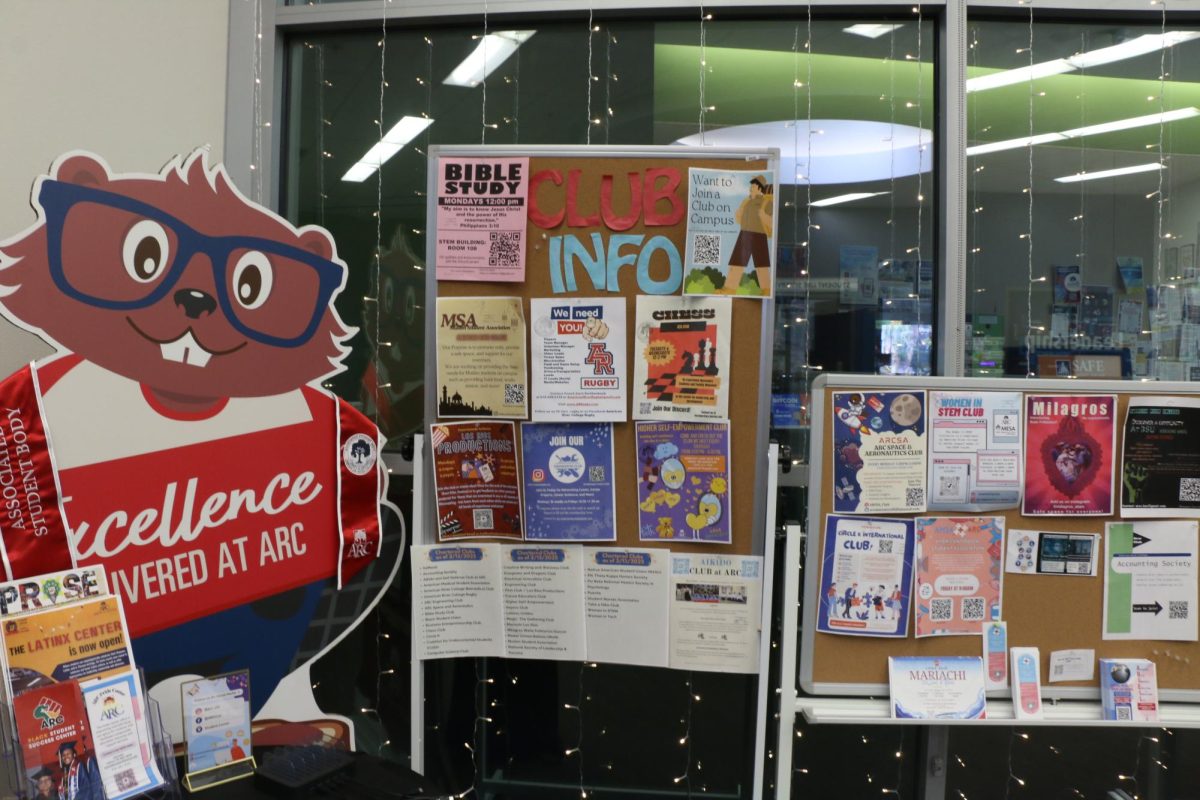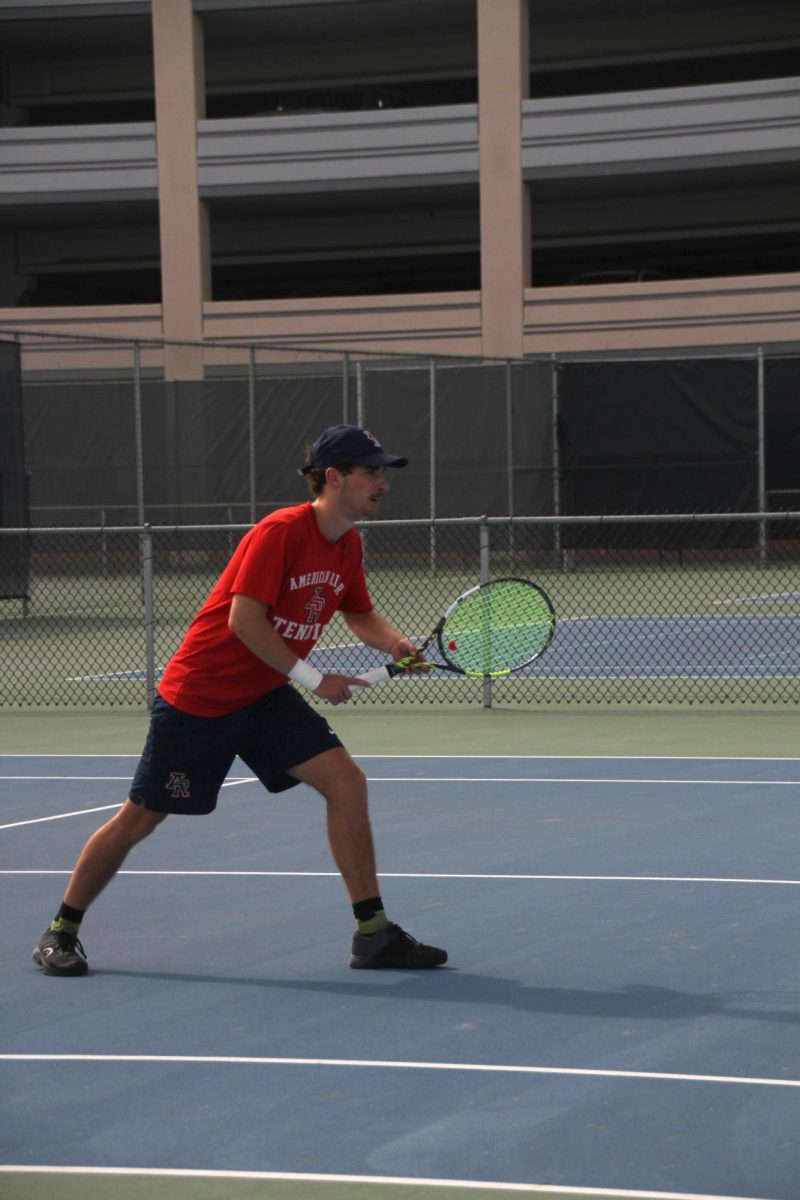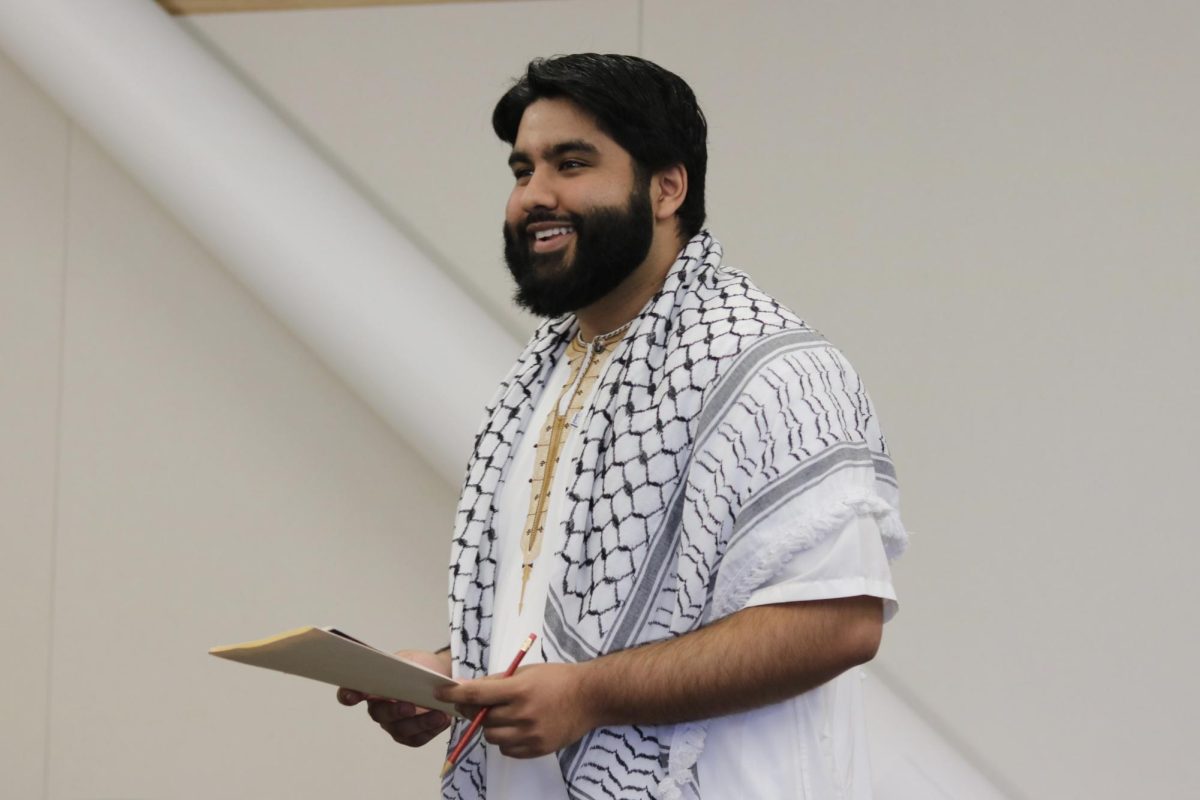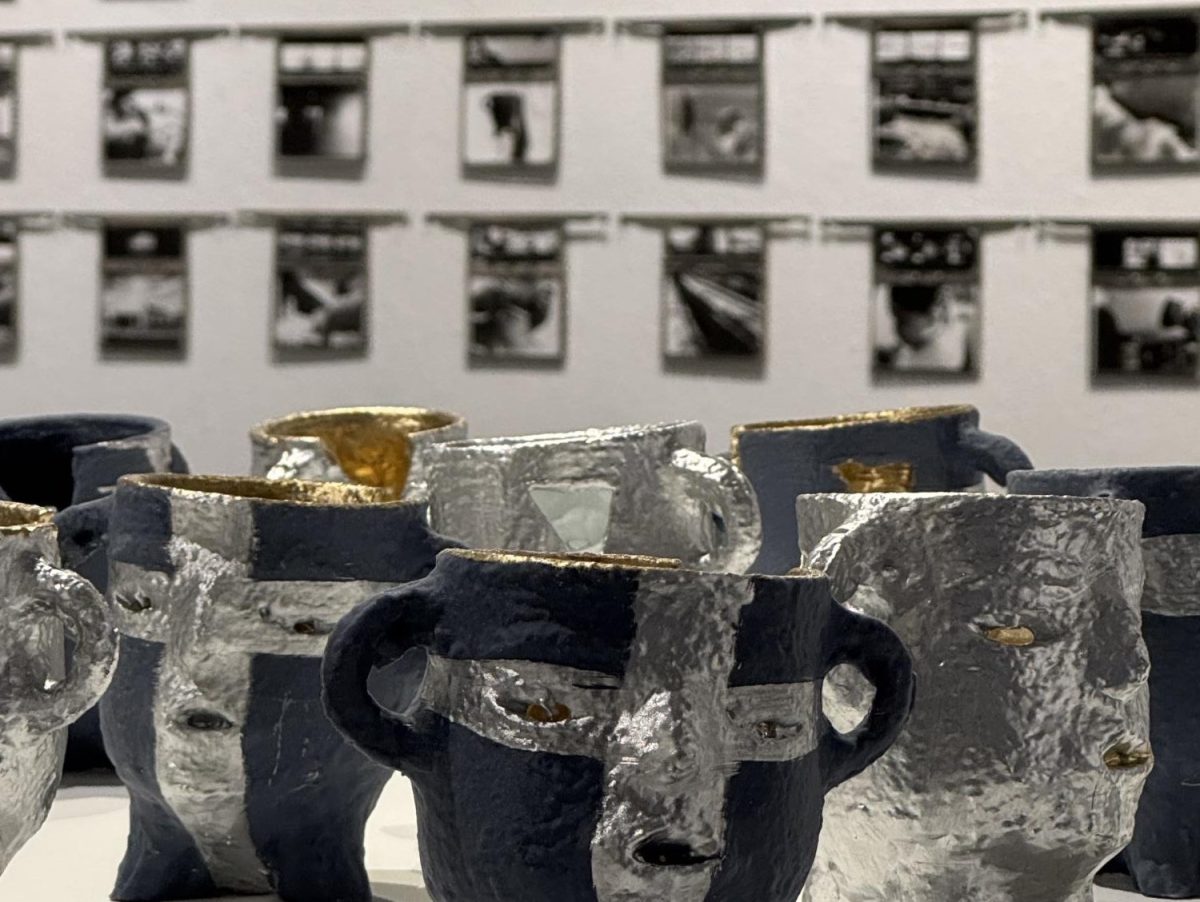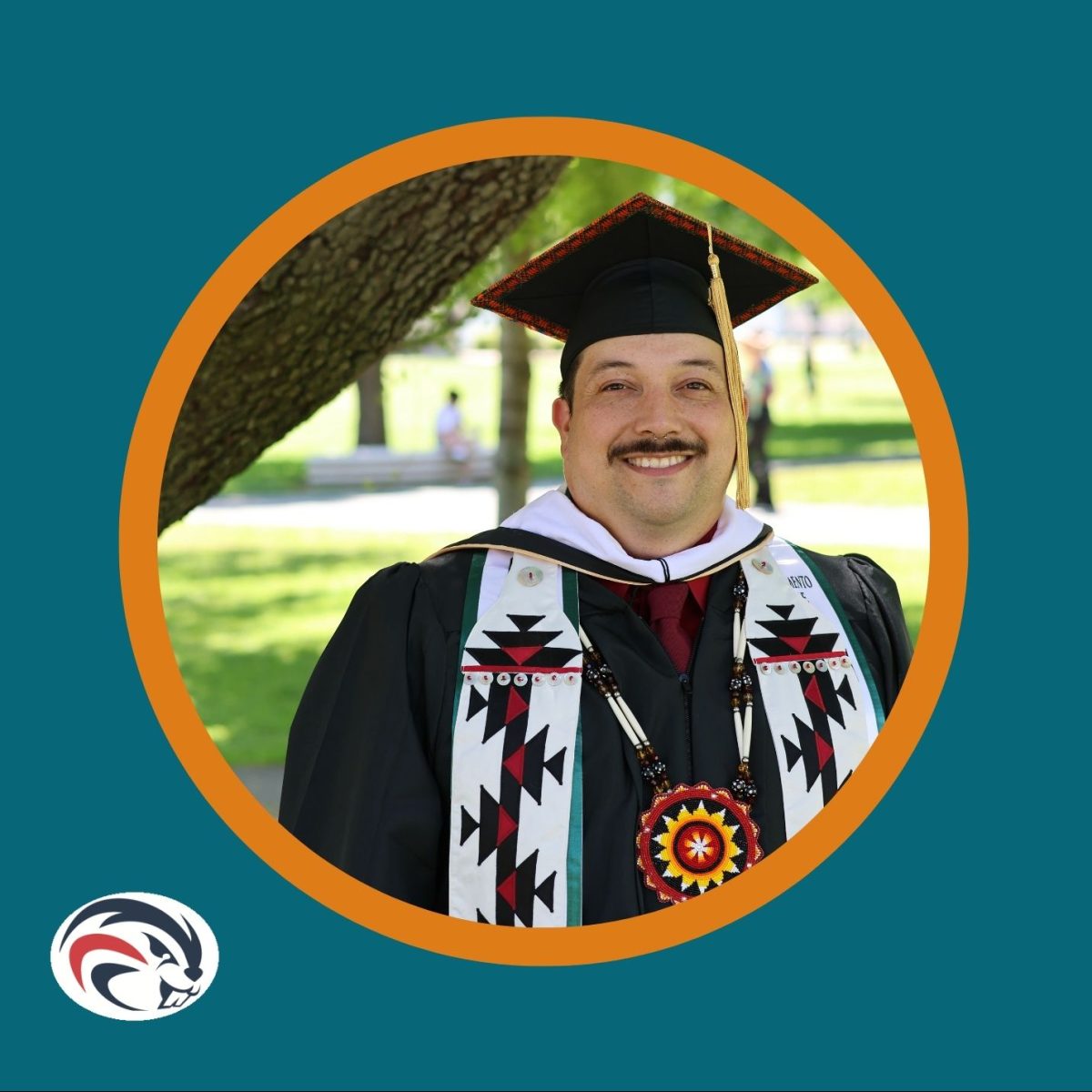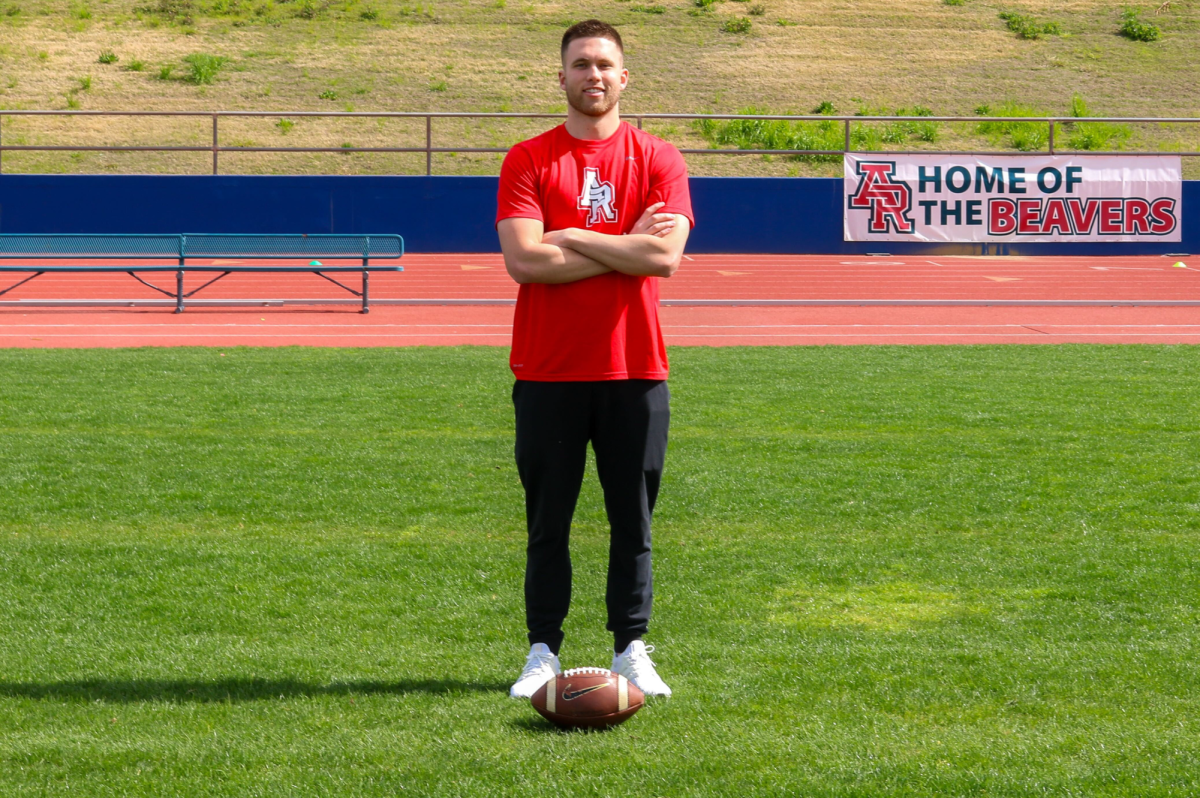An American River College student gave a presentation last week on her three-day experience at NASA’s Jet Propulsion Laboratory (JPL), in Pasadena, CA.
Cecilie Thompson, an electrical engineering major at ARC, said that through the NASA Collegiate Aerospace (NCAS) program she was able to have the “experience of a lifetime.”
“It was surreal being at a NASA facility,” Thompson said. “I want everyone here (the Engineering Club) to put in application for next semester.”
At JPL, students were split up into five groups and tasked with building a rover that they thought would be successful on a mission to Mars.
Thompson’s group was the overall winner of the program and each student was awarded with a certificate and a copy Andy Weir’s novel “The Martian” signed by Matt Damon, who starred in the film adaption of the novel.
The process of actually being accepted to the program is a journey in and of itself. The application process is broken up into two parts.
The first portion is a six-week online course where the applicant has to read information and take a quiz at the end of each of the first four weeks and the last two weeks he or she has to create their own Mars mission.
The best from the online portion are then given the chance to design their own rover with the best moving onto to the actually onsite program.
Thompson said that the program officials really stressed teamwork while building the rovers.
“One of the biggest things I took away (from the program) was how we had to work together as a team,” Thompson said. “Every person was assigned a specific task and we’d get penalized if someone else tried to do it.”
ARC Design Tech Professor and Engineering Club Adviser Randy Schuster praised Thompson for doing so well.
“First of all, it’s NASA, so it’s really big for Cecilie and ARC that she got accepted,” Schuster said. “We have great students here (at ARC), and when we have a chance to show them off, I love it.”
Math Engineering Science Achievement (MESA) Coordinator Will Davis said that the program is a great opportunity for students like Thompson to get a taste of what the professional world is like.
“It’s a program designed to give community college students an insight into what NASA does and looks for (in potential employees),” Davis said. “The key is having students move from being passive students to active professionals; I think it (the NCAS program) gives an idea of what establishing professional expertise is like.”
Davis also highlighted how the program can possibly open up future career opportunities for those who attend.
“NASA professionals go to those programs to spend time with the students,” Davis said. “A lot of times their spotting out students who they can individually invite back for future projects.”
Schuster said that Thompson’s achievement at the NASA program is just another example of the great work that ARC students do.
“A lot of people are surprised when (ARC) students do things like this,” Schuster said. “It never surprises me when we do well.”


